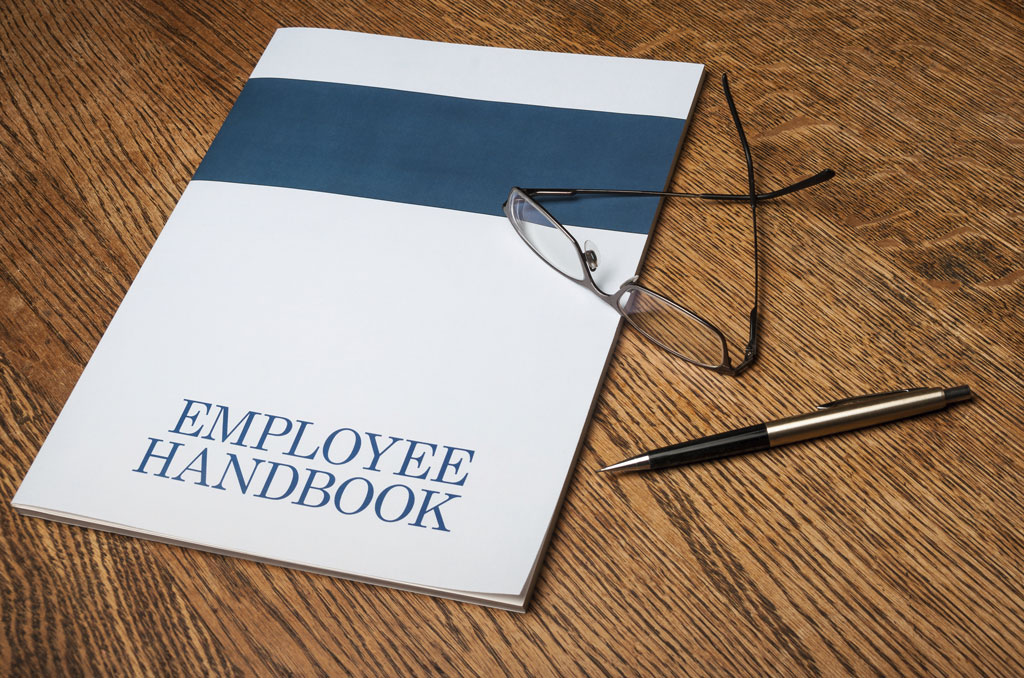
Ian Smith reports on cases concerning important points of very basic common law
All professionals are now familiar with that modern heresy of being required to write reports, appraisals, policies or (god help us) mission statements that in essence have to be written to prove that they have indeed been written, not for anyone actually to read them. In fact, a certain amount of innocent amusement can be taken by deliberately putting into such an exercise elements of obvious nonsense in order to prove that no-one has ever read it. Your humble author’s favourite example occurred when, shortly before early retirement from the university (and therefore demob happy) I was required to write a resume of my tort course, starting off with the dreaded “aims and objectives”. Under “aims” I put: “To teach the law of tort” and under “objectives” I put: “To have taught the law of tort”. This I considered to be a particularly apposite answer, but of course no-one ever read it.
All of this may be relatively harmless,







.tmb-mov69x69.jpg?sfvrsn=3d1684d4_1)

